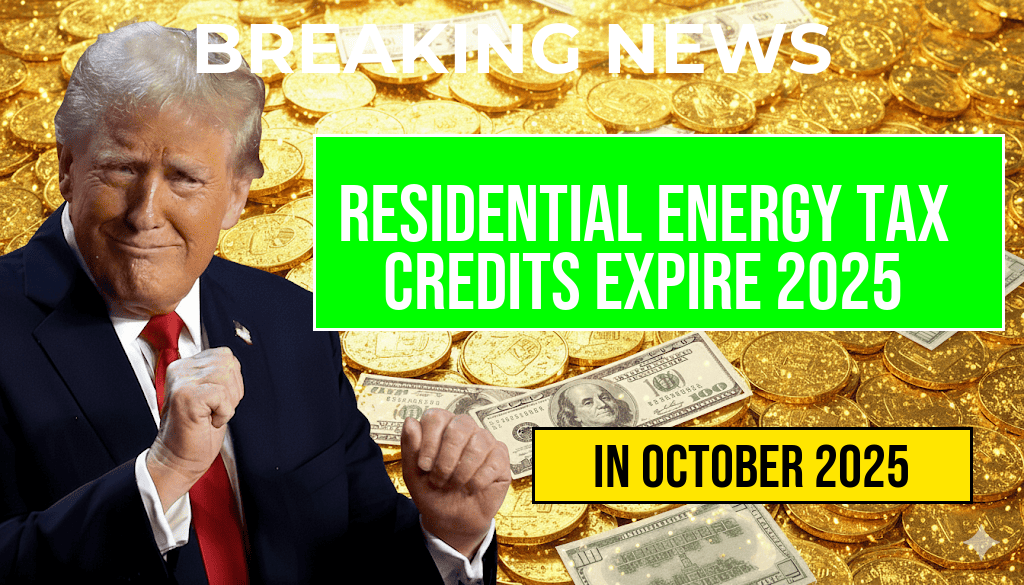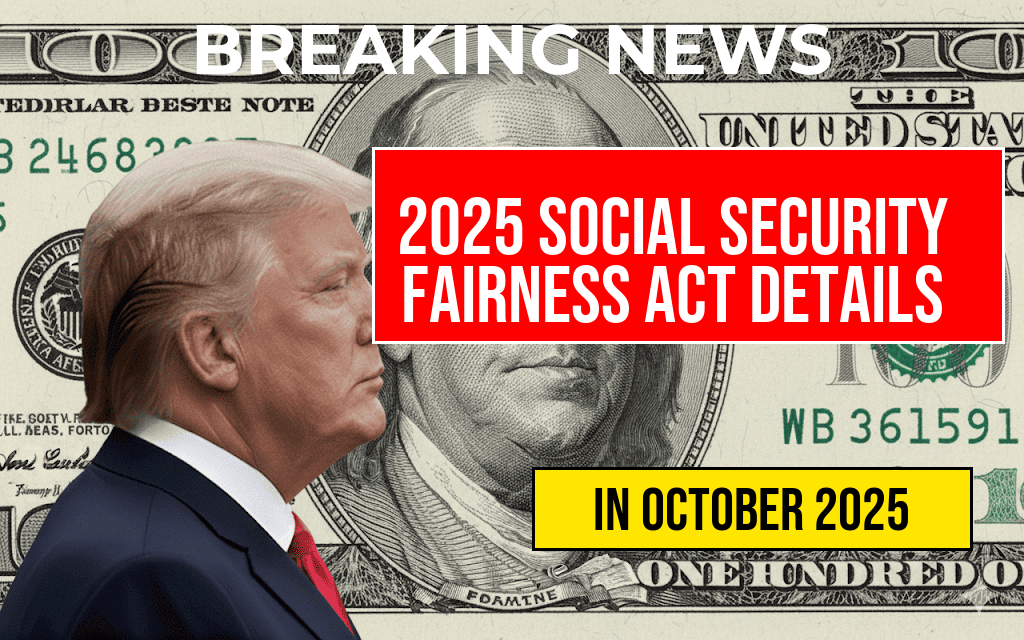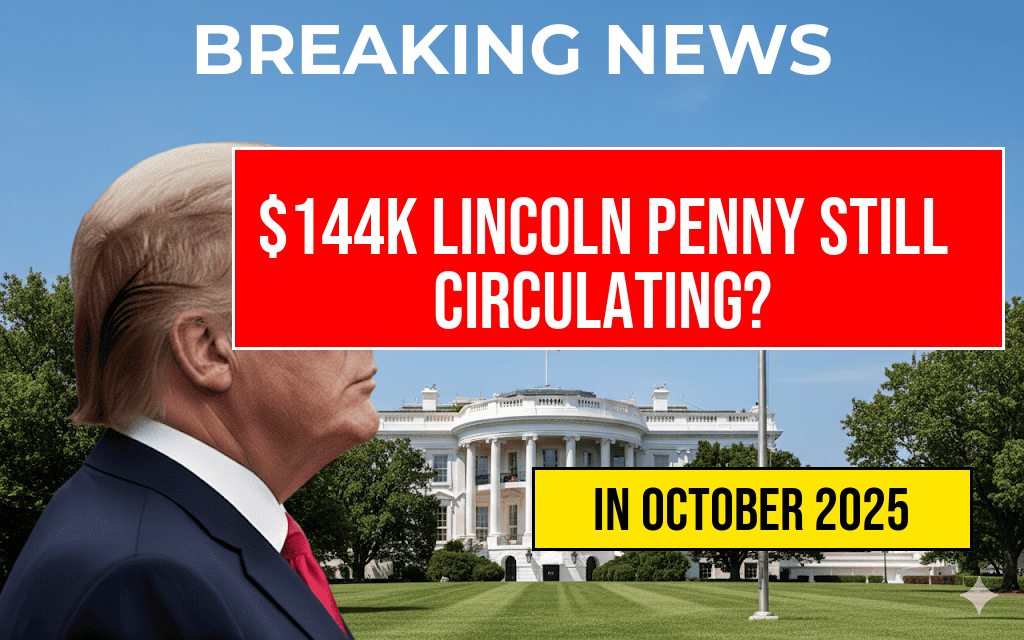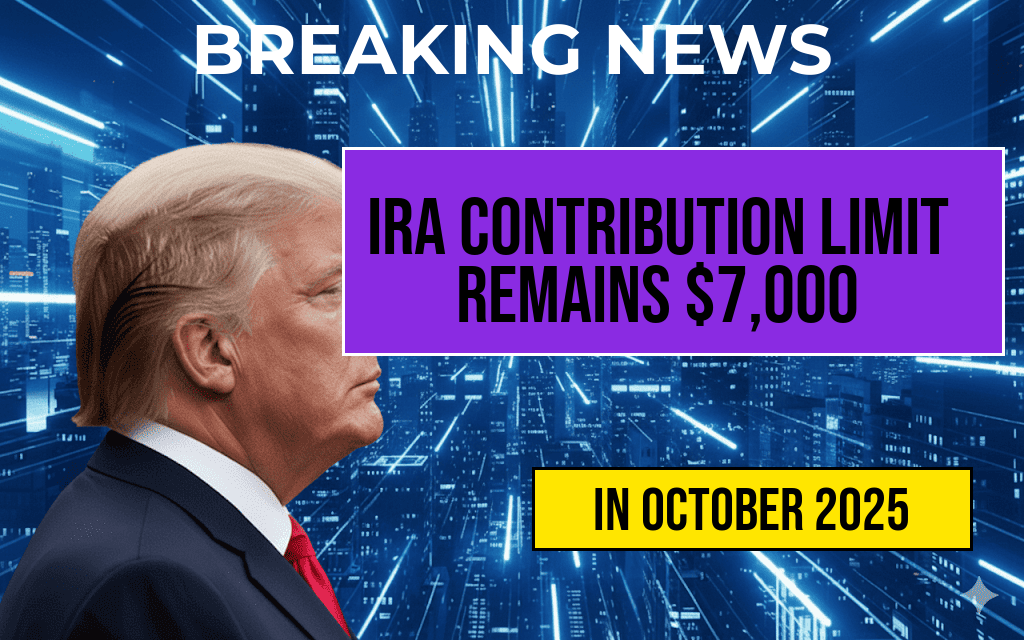As the demand for sustainable energy solutions continues to grow, the impending expiration of residential energy tax credits has raised concerns among homeowners and environmental advocates alike. Effective January 1, 2026, many tax credits associated with renewable energy installations will come to an end, potentially impacting the financial viability of residential solar, wind, and other green energy systems. This significant policy shift, part of a broader energy transition strategy, aims to stimulate the adoption of green technologies but also raises questions about future investment in the sector. Homeowners looking to take advantage of these benefits must act quickly, as the timeline for installation and application is tightening.
Understanding the Current Tax Credits
Residential energy tax credits have been a crucial incentive for homeowners considering the transition to renewable energy sources. These credits allow homeowners to deduct a percentage of the cost of installing solar panels, wind turbines, and other energy-efficient systems from their federal tax liabilities. Currently, the federal solar tax credit, known as the Investment Tax Credit (ITC), stands at 26% for systems installed before the end of 2022, dropping to 22% for those installed in 2023 and 2024.
Impact on Homeowners
The expiration of these credits after 2025 could lead to a slowdown in the residential renewable energy market. Homeowners may face higher upfront costs without the financial cushion provided by tax incentives. Many experts believe this could deter potential buyers from investing in renewable energy technologies.
Tax Credit Highlights
| Type of Credit | Current Percentage | Expiration Year |
|---|---|---|
| Solar Investment Tax Credit (ITC) | 26% (2022), 22% (2023-2024) | 2025 |
| Residential Energy Efficiency Tax Credit | 10% (for certain energy-saving improvements) | 2025 |
The Broader Energy Transition
The expiration of these credits is part of a larger trend in energy policy that seeks to balance environmental goals with economic realities. While the Biden administration has advocated for a transition to renewable energy, the financial implications of ending tax credits may hinder progress. Industry leaders argue that maintaining or even expanding these incentives will be crucial for meeting the country’s climate targets.
What Homeowners Can Do
- Evaluate current energy needs and consider installing renewable energy systems before the expiration of tax credits.
- Consult with local solar or wind energy providers to understand installation timelines and costs.
- Stay informed about potential legislative changes that may affect energy credits or incentives.
Future of Renewable Energy Incentives
As the deadline approaches, discussions are ongoing about potential extensions or new programs to incentivize green energy adoption. Legislative proposals are being considered that may introduce alternative credits or subsidies aimed at maintaining momentum in the renewable energy sector. For instance, the Forbes article on the ITC discusses the potential for future incentives that could mitigate the impact of the expiration.
Conclusion: A Call to Action
With the clock ticking on residential energy tax credits, homeowners are urged to act swiftly to capitalize on existing incentives. The renewable energy landscape is rapidly evolving, and securing these credits could make a substantial difference in the affordability of green energy systems. As policies continue to shift, staying updated and proactive will be essential for those looking to embrace sustainable energy solutions.
Frequently Asked Questions
What are Green Energy Credits?
Green Energy Credits, also known as renewable energy certificates, are incentives designed to promote the use of renewable energy sources, allowing individuals and businesses to receive credits for producing or using clean energy.
When will the Residential Energy Tax Credits expire?
The Residential Energy Tax Credits are set to cease after 2025, meaning that homeowners will no longer be able to claim these credits for eligible energy-efficient improvements after that year.
What types of improvements qualify for Residential Energy Tax Credits?
Eligible improvements for Residential Energy Tax Credits typically include the installation of solar panels, wind turbines, and other energy-efficient systems that reduce energy consumption or utilize renewable energy.
Will there be any extensions or changes to the Green Energy Credits before 2025?
As of now, there is no confirmed information regarding extensions or changes to the Green Energy Credits before 2025, but it is advisable to stay informed through official governmental channels for any updates.
How can I take advantage of the Residential Energy Tax Credits before they expire?
To take advantage of the Residential Energy Tax Credits, homeowners should plan and execute eligible energy-efficient improvements before 2025, ensuring all necessary documentation is collected for tax filing.










